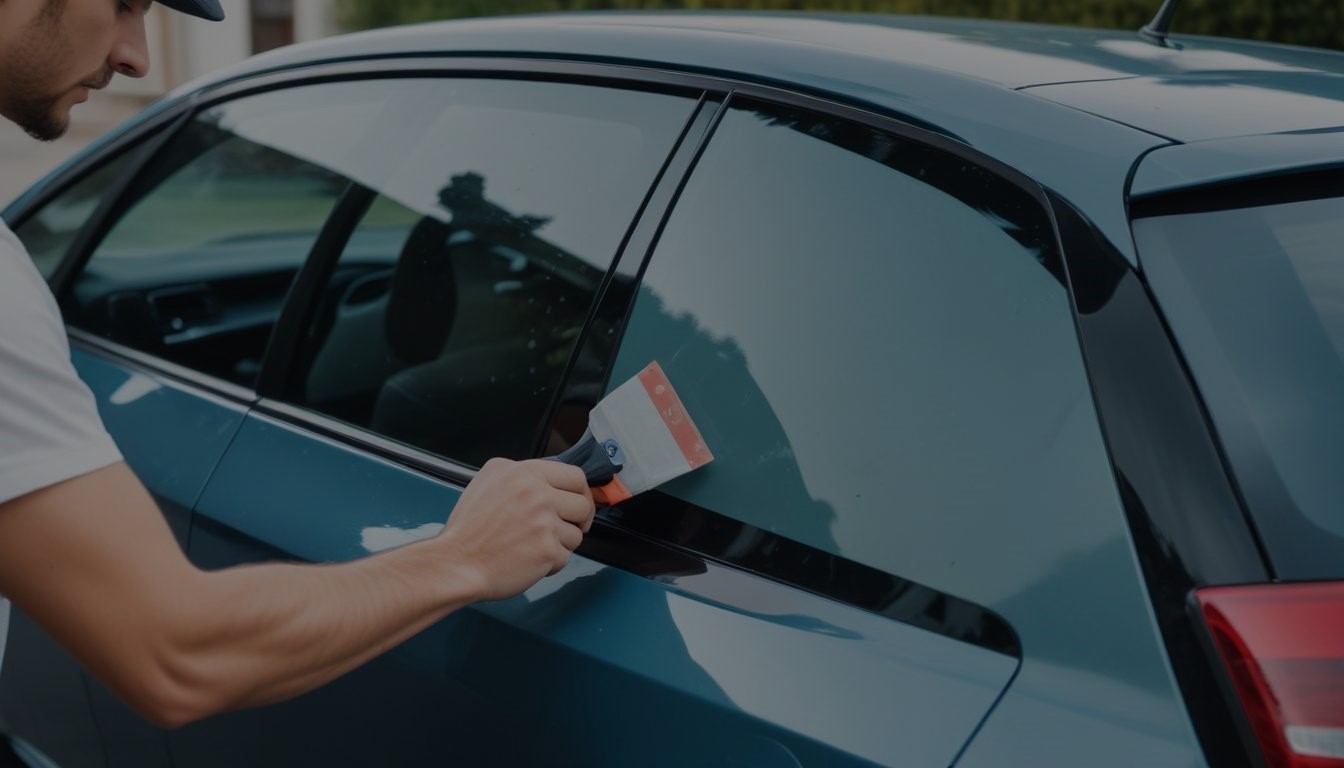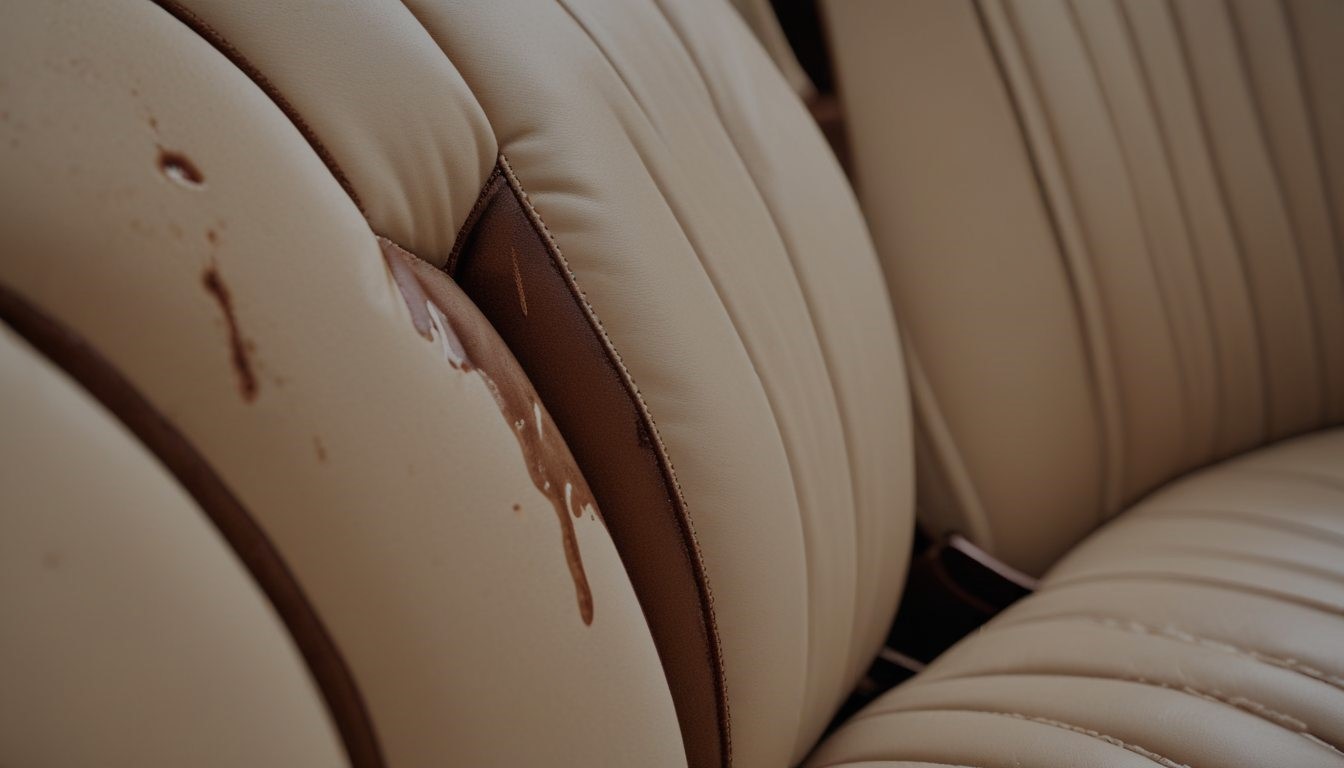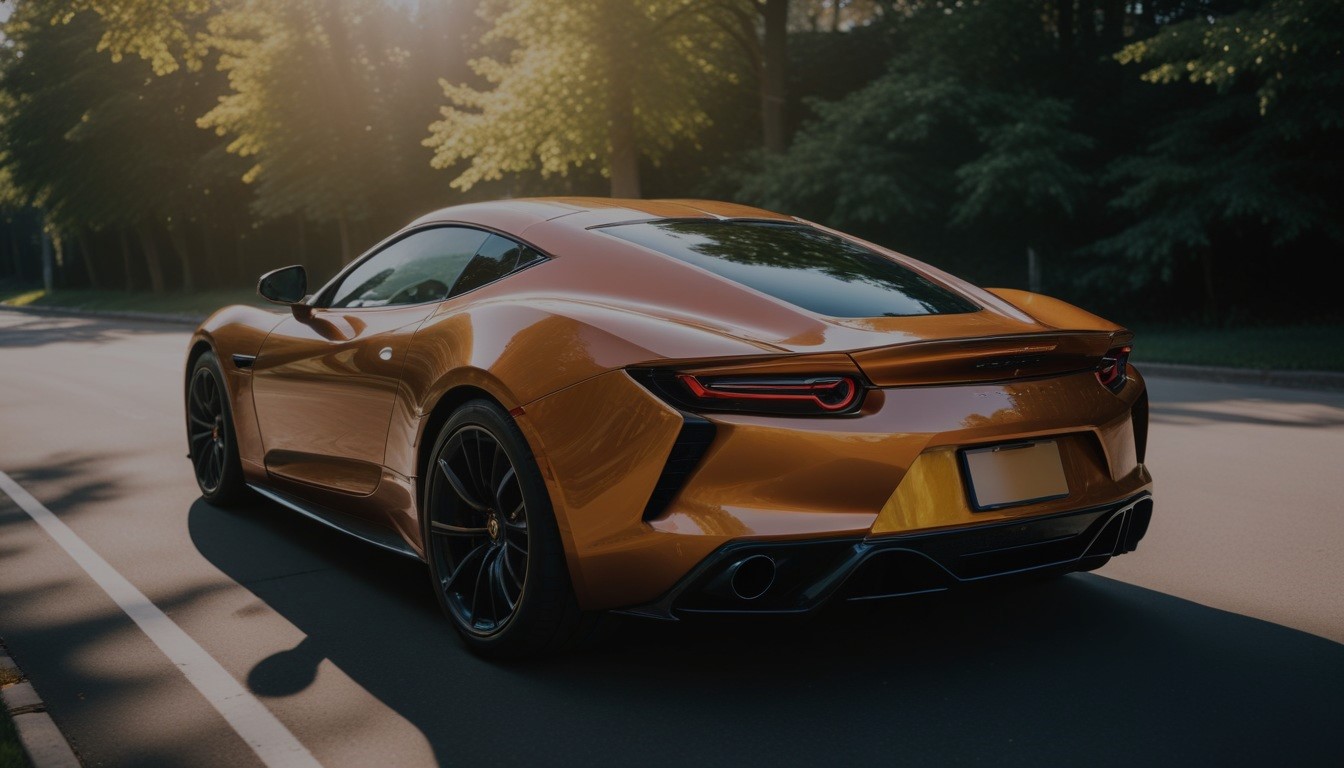Related Posts

Why You Should Wash Your Car Before Window Tinting

Does car detailing remove stains? A deep dive into stains.

What are ceramic coatings? Why do I need one?
Using denatured alcohol on car paint is not advisable due to its potential to cause significant damage. While denatured alcohol is a powerful solvent that can effectively remove certain contaminants, it poses several risks to the paint and protective coatings on your vehicle. This article explores these risks in detail, offers alternatives, and provides tips on safely maintaining your car’s appearance.
Denatured alcohol, also known as methylated spirits, is ethanol mixed with chemicals to make it unfit for human consumption. These additives often include methanol, acetone, and other toxic substances. While this mixture is highly effective as a cleaning agent and solvent, its potency can be detrimental to various surfaces, including automotive paint.
The clear coat is the topmost layer of your car’s paint system, providing a glossy finish and protecting the underlying paint from UV rays, contaminants, and minor abrasions. Denatured alcohol can strip away this clear coat, leading to a dull and unprotected surface. Once the clear coat is compromised, the paint is more susceptible to damage from environmental factors.
Without the protective clear coat, the paint itself becomes vulnerable. Denatured alcohol can cause discoloration, fading, or even peeling of the paint. This damage can be costly to repair and may require a professional repainting job to restore the car’s original appearance.
The harsh chemicals in denatured alcohol can react with the paint, causing it to break down or soften. This reaction can lead to a patchy or uneven finish, making the car look worse than before.
In addition to damaging the paint, denatured alcohol can harm rubber and plastic components on your car. These materials can become brittle, discolored, or cracked when exposed to strong solvents.
To avoid the risks associated with denatured alcohol, consider using products specifically designed for automotive use. These alternatives are formulated to clean your car effectively without damaging the paint or other components.
These products remove dust, dirt, and light contaminants from your car's surface. They are safe to use on clear coats and provide a quick way to keep your car looking clean between washes.
Using a car wash soap specifically formulated for automotive paint is the safest way to clean your car. These soaps are gentle on the paint and clear coat while effectively removing dirt and grime.
For stubborn contaminants like bug splatters, tar, or tree sap, use a product designed to target these specific issues. Bug and tar removers break down these substances without harming the paint.
Clay bars are an excellent tool for removing embedded contaminants from the paint surface. They are safe to use and can restore a smooth finish to your car’s paint.
If your car’s paint has minor scratches or swirl marks, an automotive polish can help. Polishes contain mild abrasives that smooth out imperfections and restore the paint’s shine.
When cleaning your car, follow these steps to ensure you protect the paint and achieve the best results:
Start by rinsing your car with water to remove loose dirt and debris. This step prevents scratching the paint during the washing process.
Fill one bucket with soapy water and another with clean water. Dip your wash mitt into the soapy water, wash a section of the car, then rinse the mitt in the clean water before reloading it with soap. This method helps keep dirt and grit from scratching the paint.
Begin washing at the top of the car and work your way down. This approach prevents dirty water from running down onto clean areas.
Rinse each section of the car after washing to prevent soap from drying on the surface.
Use a clean, soft microfiber towel to dry the car after washing. This step prevents water spots and streaks.
After washing and drying, apply a layer of automotive wax to protect the paint and enhance the shine. Wax creates a barrier against contaminants and makes future cleaning easier.
Wash your car regularly to remove contaminants that can damage the paint over time. How often you wash your car depends on your environment and driving conditions, but a good rule of thumb is to wash it every two weeks.
Whenever possible, park your car in a shaded area or a garage to protect the paint from UV rays and heat. Prolonged exposure to the sun can cause the paint to fade and the clear coat to deteriorate.
If you don’t have access to covered parking, consider using a car cover. A cover provides protection from the elements, including sun, rain, and bird droppings.
In addition to denatured alcohol, avoid using other harsh chemicals on your car’s paint. This includes household cleaners, bleach, and ammonia-based products.
If you notice bird droppings, tree sap, or other contaminants on your car, clean them off as soon as possible. These substances can be acidic and cause damage if left on the paint for too long.
Consider having your car professionally detailed once or twice a year. Professional detailers have the tools and expertise to thoroughly clean and protect your car’s paint.
While denatured alcohol is an effective solvent for many cleaning tasks, it is not safe for use on car paint. Its potential to damage the clear coat and underlying paint can lead to costly repairs and diminished appearance. Instead, opt for products designed for automotive use to keep your car looking its best. Regular washing, proper cleaning techniques, and the use of protective products will help maintain your car’s paint and ensure it stays in excellent condition for years to come.

Why You Should Wash Your Car Before Window Tinting

Does car detailing remove stains? A deep dive into stains.

What are ceramic coatings? Why do I need one?